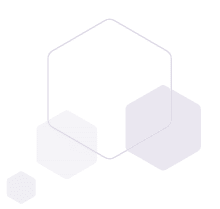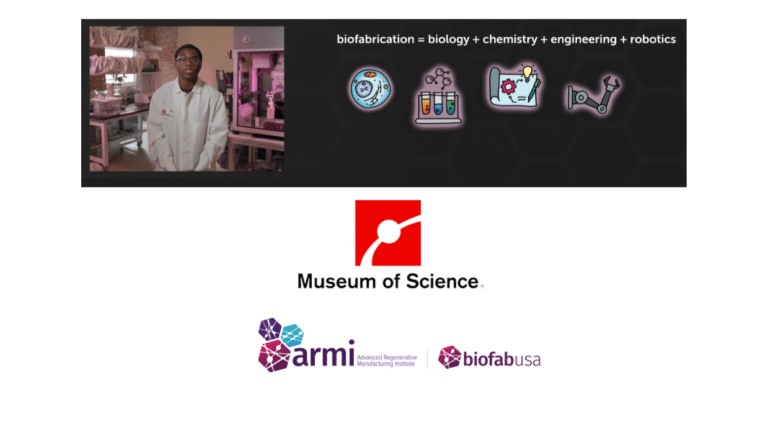There is growing awareness that the long-standing unmet need for specific counting of therapeutic tissue stem cells has been and continues to be a significant impediment to progress in stem cell therapy, gene and gene editing therapies (because targeting tissue stem cells is essential for durable one-time treatments), and drug development (because drug candidates that damage tissue stem cells fail miserably). This year, the FDA’s Standards Coordinating Body (SCB) listed determination of tissue stem cell-specific dose as a priority for standards development for stem cell clinical trials.

Asymmetrex, headquartered in Boston, Massachusetts has the goal of moving the fields of stem cell science and stem cell medicine into a new quantitative era. “Because of their unique biological properties – the same ones that make tissue stem cells the remarkable therapeutic agents that they are – it has not been possible to determine the number of tissue stem cells in any setting,” said Dr. James Sherely, Founder & Director of Asymmetrex, adding, “Not in research, not in stem cell biomanufacturing, and not in stem cell medicine.”
Dr. Sherley leads Asymmetrex with a mission of advancing emerging adult stem cell tissue technologies to applications in clinical drug discovery and cellular medicine. Asymmetrex is the developer and holder of a rich portfolio of recently issued patents for biotechnologies for the quantification and production of human adult tissue stem cells.
Asymmetrex feels this unmet need means that presently it is difficult to optimize even approved effective tissue stem cell therapies, “It is now impossible to soundly interpret tissue stem cell clinical trials; and, with respect to the mission of ARMI, there is no quantitative basis for optimizing tissue stem cell biomanufacturing processes,” said Sherley.
The company is driven to change this greatly limiting condition by providing, for the first time, a technology for specific and accurate counting of perinatal and postnatal tissue stem cells. “This single technological advance will impact stem cell research, regenerative medicine, stem cell biomanufacturing, pharmaceutical and biopharmaceutical drug discovery, environmental health science, and even gene and gene-editing therapies, which also depend on tissue stem cells for success,” he said.
Becoming a quantitative discipline for its key therapeutic principle, tissue stem cells, continues to be a crucial hurdle for Regenerative Medicine. “Achieving this shift in technical practice and conceptual perspective would immediately address several other hurdles that are more widely acknowledged. Examples include evaluating the efficacy of stem cell clinical trials with small sample size; developing industry standards for certifying the stability of transported stem cell therapies; defining the potency of stem cell treatments. The currently limited FDA guidance for human cell, tissue, and cellular and tissue-based products (HCT/P) might also be improved by incorporating a stem cell-specific dose basis,” Sherley explained.
As a Massachusetts life sciences Company with a focus on developing technologies to advance stem cell medicine, Dr. Sherley commented, “Our patent portfolio contains biotechnologies that solve the two main technical problems – production and quantification – that have stood in the way of successful commercialization of human adult tissue stem cells for regenerative medicine and drug development.
Asymmetrex markets the first technology for the determination of the dose and quality of tissue stem cell preparations (the AlphaSTEM Test™) for use in stem cell transplantation therapies, stem cell biomanufacturing, and pre-clinical drug evaluations.
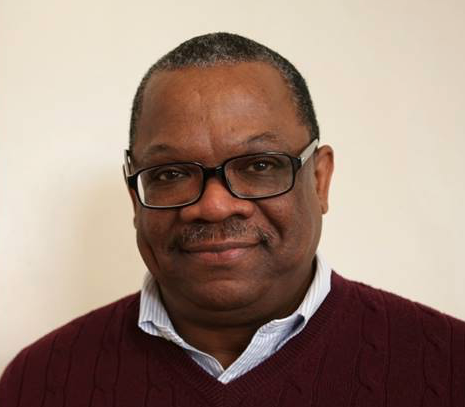
“In 2018, a good colleague, Dr. Jeffrey Silva, Director of Product Development at Adeptrix Corporation, invited me to join him and Professor Don M. Wojchowski, at the University of New Hampshire, in a collaborative research project proposal to ARMI|BioFabUSA. As a result of this interaction, I attended the ARMI|BioFabUSA Fall Summit in Manchester, NH the same year,” noted Sherely.
“Certainly, at Asymmetrex, we anticipate many new insights and advances in stem cell science, stem cell biomanufacturing, and stem cell medicine that will be enabled by the introduction of general tissue stem cell-specific quantification. Among the medical and industry breakthroughs we anticipate are the ability to determine the potency of umbilical cord blood units for hematopoietic stem cell transplantation (HSC) transplant; increasing the number of treatments possible with scarce bone marrow donors; higher efficiency production of higher quality biomanufactured stem cell products; more effective gene and gene-editing therapies; and lowered costs for drug development as a result of earlier filtering of stem cell-toxic drugs that cause chronic organ failures,” predicted Sherley.
Asymmetrex is working daily and diligently to understand better the current barriers to making the transition to quantitative stem cell practice with its new technology. “Our close interaction with ARMI and its Members will allow us to become better informed regarding this challenge with real world experience and discourse in a uniquely collaborative space,” said Sherley, adding, “We are also hopeful that some Member companies will join us in our ASTM-approved interlab study to evaluate Asymmetrex’s stem cell counting technology as a standard for industry-wide determination of stem cell-specific count and stem cell-specific dose.”
Asymmetrex is extremely excited by the prospect of supporting ARMI’s integrated stem cell biomanufacturing process engineering plan and vision by bringing a highly valuable quantitative tool for process optimization and process quality control. “In addition, we bring a wealth of knowledge, experience, and expertise in stem cell biology and bioengineering, stem cell medicine, and drug development research that we look forward to sharing freely as a Member of this vibrant and unique research and development community,” noted Sherley, “ and here at Asymmetrex we are highly enthusiastic to discuss how to introduce stem cell-specific counting into Members’ current tissue stem cell research, biomanufacturing, medicine, or drug development research practice. #wecountstemcells, and we are on a mission to count every tissue stem cell that matters,” he concluded.
